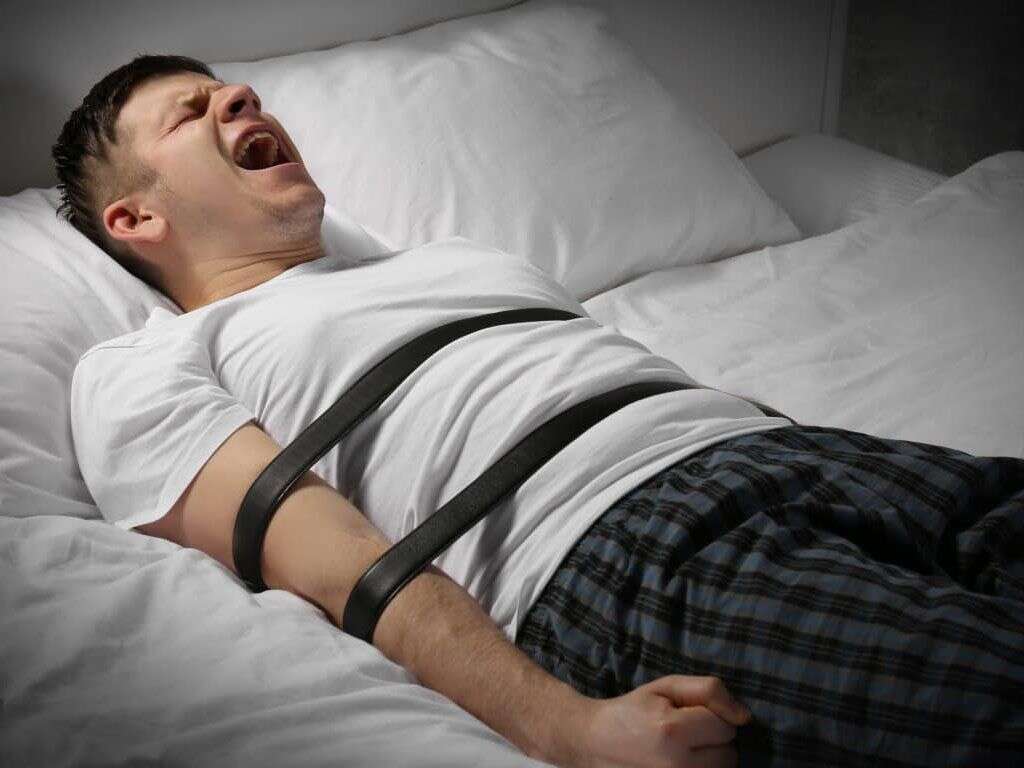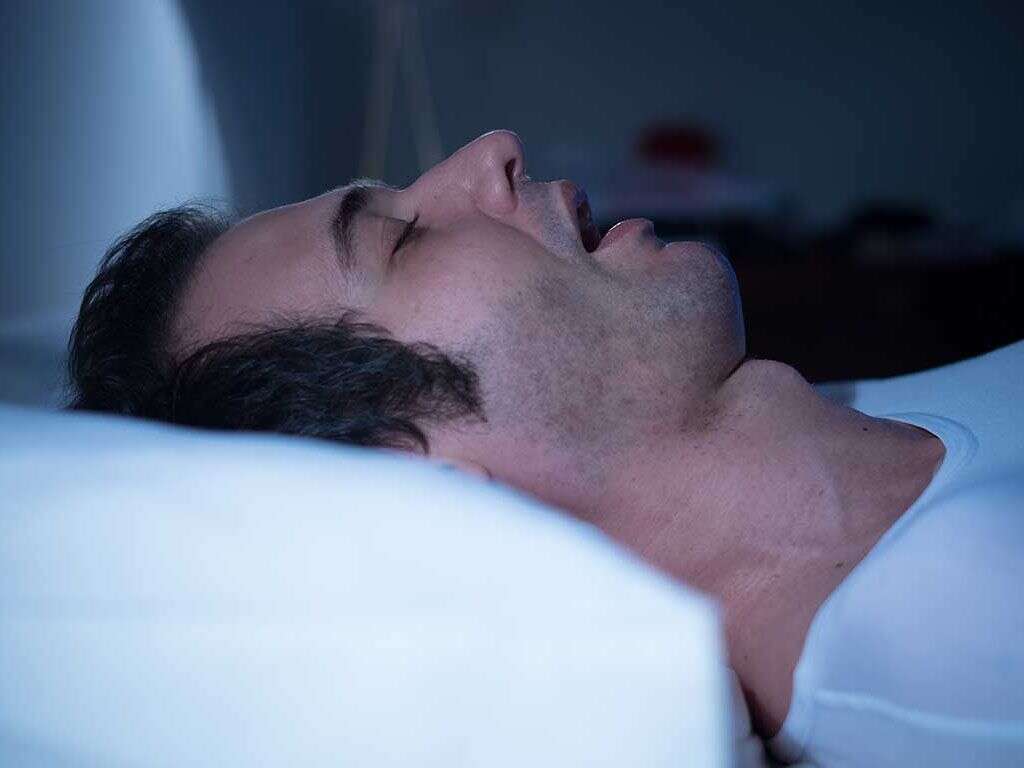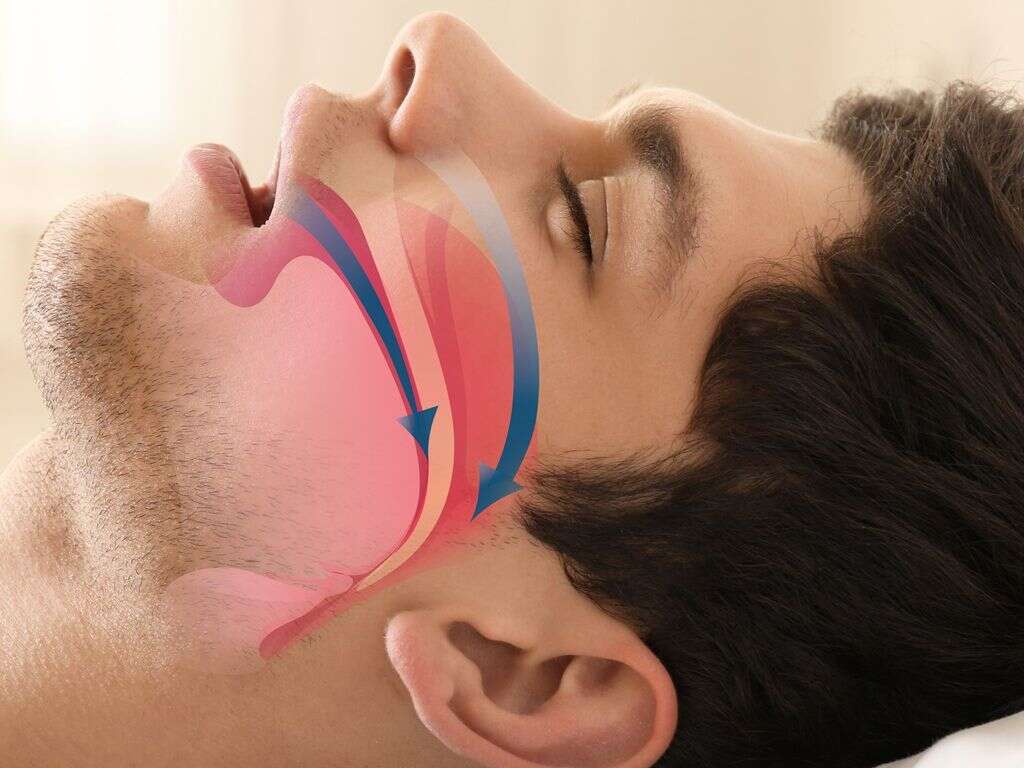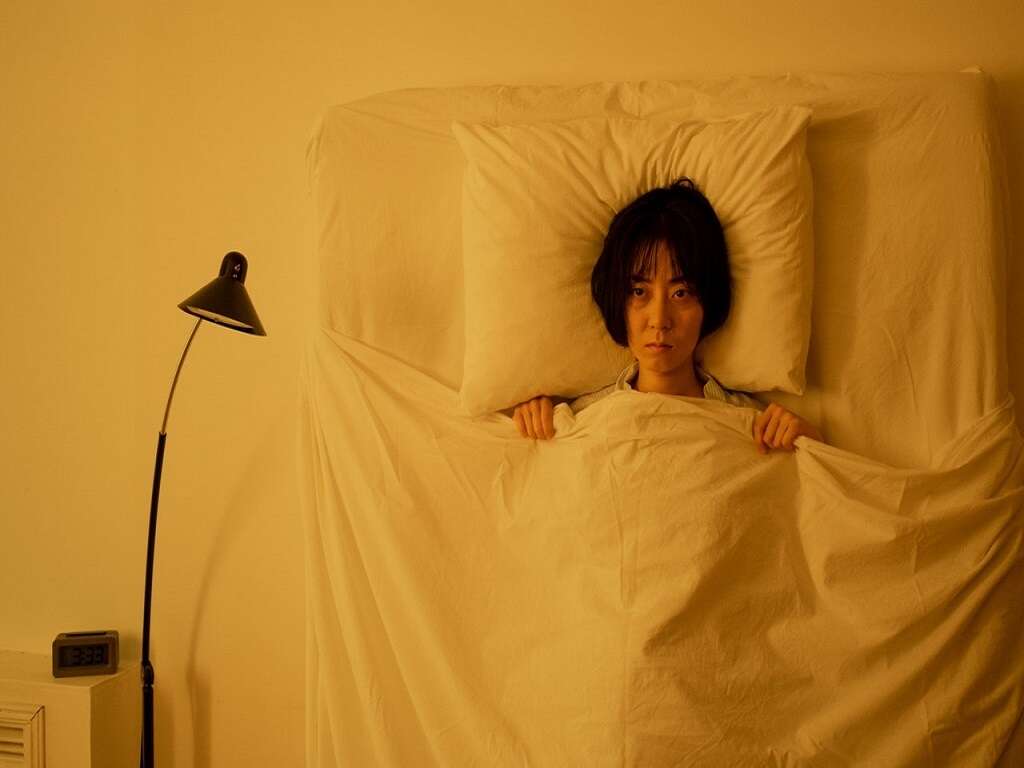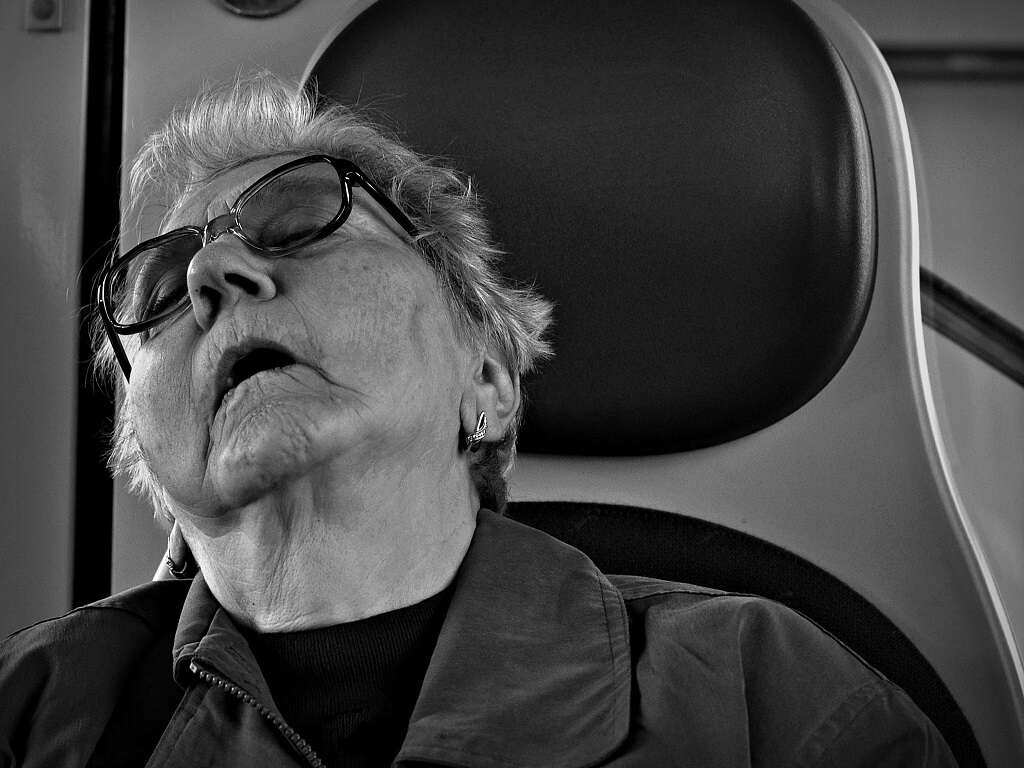10 Conditions That Can Cause Sleep Paralysis
Sleep paralysis is the state where a person is unable to speak or move when awakening or falling asleep. During the episode, the affected individual may feel, hear, or see things that are not apparently visible. This often results in fear and panic. These episodes usually last less than a few minutes. In some individuals, it may be recurrent or only occur as a single episode. Sleep paralysis can occur in those who are normal under certain conditions. It is believed that there may be genetic factors as well as it may run in families. The underlying mechanism of sleep paralysis is thought to be due to a dysfunction in the rapid eye movement phase during sleep. The diagnosis of sleep paralysis can be made based on the patient’s symptoms and descriptions. The treatment options have been poorly studied.
The recommendation for treatment and management of sleep paralysis includes reassurance that the condition is fairly common and not serious, improving sleep hygiene, use of antidepressants, and cognitive behavioral therapy. About 8 to 50 percent of individuals experience sleep paralysis at some point in life while 5 percent go through regular episodes. Sleep paralysis has always been present throughout history with descriptions of it believed to be due to paranormal events, alien abductions, and more.
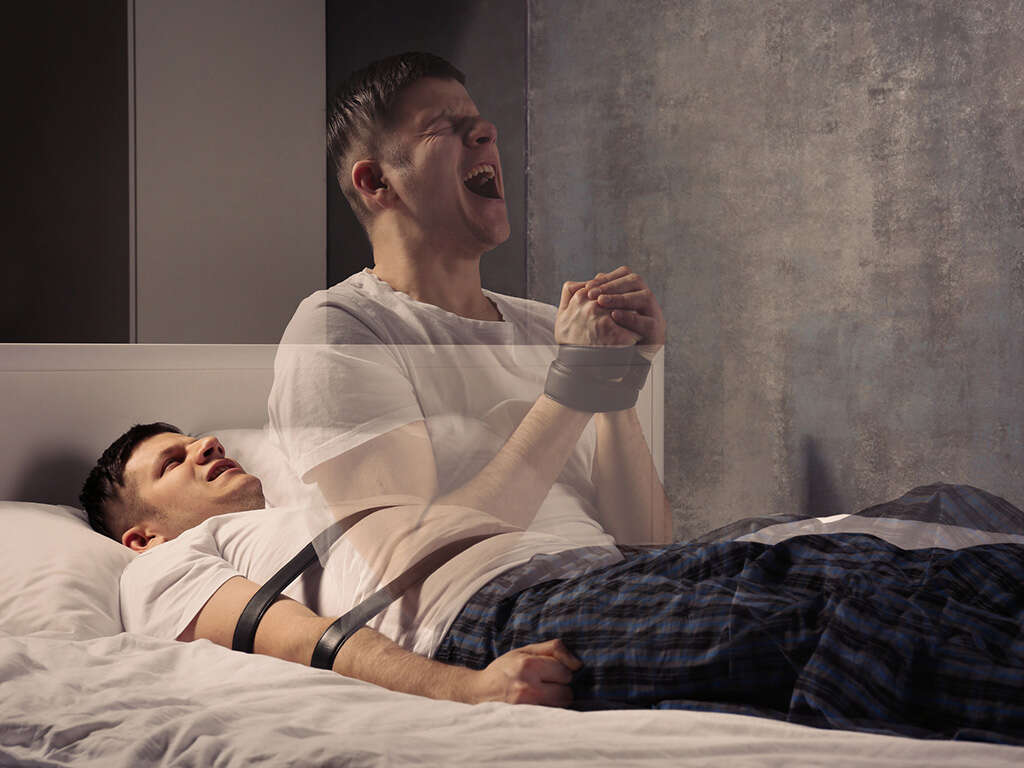
Sleep Paralysis Associated Condition #1: Narcolepsy
Narcolepsy is a chronic neurological disorder where there is a lower ability to regulate the normal sleep wake cycle. This causes affected individuals to experience excessive daytime sleepiness. 70 percent of patients who have narcolepsy experience loss of muscle strength during their episodes.
These episodes can occur when the individual experiences strong emotions. There may also be instances where those affected experience vivid hallucinations or the inability to move while waking up or falling asleep. This is known as sleep paralysis.

Sleep Paralysis Associated Condition #2: Sleep Deprivation
Sleep deprivation occurs when one does not have enough sleep. If chronic, it can lead to daytime sleepiness, fatigue, weight loss or gain, and clumsiness. It can also negatively impact the cognitive function and brain. Little is known about the different effects of acute and chronic sleep deprivation.
It is thought that complete absence of sleep is rare in humans as brief episodes of microsleeps is unavoidable. Research has found that sleep deprivation for a long time has resulted in death among lab animals. Sleep deprivation has also been associated with sleep paralysis among those affected.

Sleep Paralysis Associated Condition #3: Psychological Stress
Psychological stress is an uncomfortable and unpleasant feeling of pressure and strain. It can be thought of as a type of psychological pain. While a small amount of stress is considered healthy, beneficial, and desirable, excessive amounts can increase the risk of heart attacks, strokes, mental illnesses, and ulcers.
Depending on the factors causing psychological stress, it may be due to external environmental factors or internal perceptions where there is anxiety and other negative emotions. When the demands exceed the ability to cope, it is perceived as stress. Those who have a high amount of psychological stress can experience sleep paralysis.

Sleep Paralysis Associated Condition #4: Abnormal Sleep Cycles
Sleep is a natural state where there is altered consciousness with inhibition of almost all voluntary muscles. Sleep occurs when the body alternates between non-rapid eye movement sleep and rapid eye movement sleep. During sleep, most of the body goes into an anabolic state which helps to restore the vital processes maintaining cognitive function, mood, and memory.
A normal sleep cycle plays a crucial role in the functioning of the immune and endocrine systems. There is a circadian clock that helps to regulate sleep at night. In those with sleep disorders, sleep paralysis may occur.
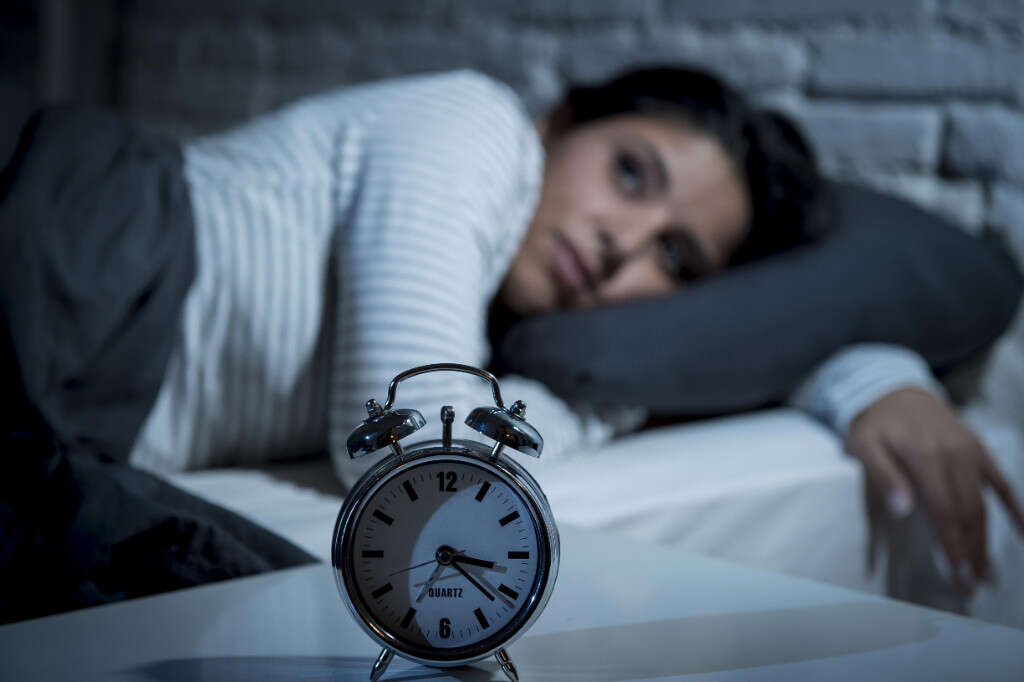
Sleep Paralysis Associated Condition #5: Bipolar Disorder
Bipolar disorder or manic-depressive illness is a disorder of the brain that causes abnormal shifts in activity levels, mood, energy, and negatively impacts daily routines. Bipolar disorder can be divided into bipolar 1 disorder, bipolar 2 disorder, cyclothymic disorder, and other specified and unspecified bipolar and related disorders.
Patients with bipolar disorder often experience intense emotions, changes in activity levels, abnormal sleep patterns, unusual behaviors, and more. Bipolar disorder has also been associated with sleep paralysis.

Sleep Paralysis Associated Condition #6: Substance Abuse
Substance abuse refers to the situation when one uses drugs, alcohol, or prescription medicine in the wrong way. It is different from addiction as many of those with substance abuse issues can change their behavior voluntarily.
Signs and symptoms of substance abuse include lack of interest in previous hobbies, change of friends, preferring solitude, poor personal care or hygiene, sleeping at odd hours, and more. Individuals with substance abuse issues may also experience sleep paralysis. Those with these issues should seek counseling or professional opinion to figure out the best treatment options.

Sleep Paralysis Associated Condition #7: Sleep Apnea
Sleep apnea is a disorder where there are pauses in breathing or shallow breathing when one is asleep. Pauses in breathing can last several seconds to minutes and can happen many times throughout the night.
Those with sleep apnea often have loud snoring, choking, or snorting when breathing resumes after the pauses. Since sleep apnea disrupts sleep, it can result in daytime sleepiness, irritability, tiredness, and poor focus in school or work. It has also been associated with sleep paralysis.

Sleep Paralysis Associated Condition #8: Jet Lag
Jet lag occurs when there is time zone changes as people travel across time zones. This disrupts their sleep and is seen as a circadian rhythm disorder. Some of the associated symptoms include irritability, headaches, insomnia, drowsiness, tiredness, lethargy, disorientation, and sleep paralysis.
The more time zones a person crosses in a short duration, the more severe the symptoms they experience. Symptoms also tend to be more severe in older individuals as it takes longer for their body clock to get back into sync.

Sleep Paralysis Associated Condition #9: Panic Disorder
Panic disorder can be classified as a type of anxiety disorder where patients often experience tachycardia, abdominal pain, chest pain, weakness, dizziness, breathing difficulty, sweating, paresthesia, and more. It is a condition that is more commonly seen among women compared to men.
Patients with a panic disorder have a lower quality of life as they become discouraged, feel ashamed, and are unable to complete activities such as grocery shopping, attending school, driving, and more. Treatment options involve the use of anxiolytics, cognitive behavioral therapy, group therapy, and more.

Sleep Paralysis Associated Condition #10: Posttraumatic Stress Disorder
Posttraumatic stress disorder (PTSD) is a disorder that may develop after an individual has gone through a traumatic event such as assault, warfare, or other life-threatening conditions. Patients with PTSD may experience disturbing thoughts, dreams related to the traumatic events, attempts to avoid triggers, mental distress, physical distress, and alterations in how one thinks and feels.
It also increases their fight or flight response. Individuals with PTSD have a higher risk of self harm and suicide. It has also been suggested that the higher physiological arousal in PTSD patients disrupts sleep patterns and increases the risk of sleep paralysis.




